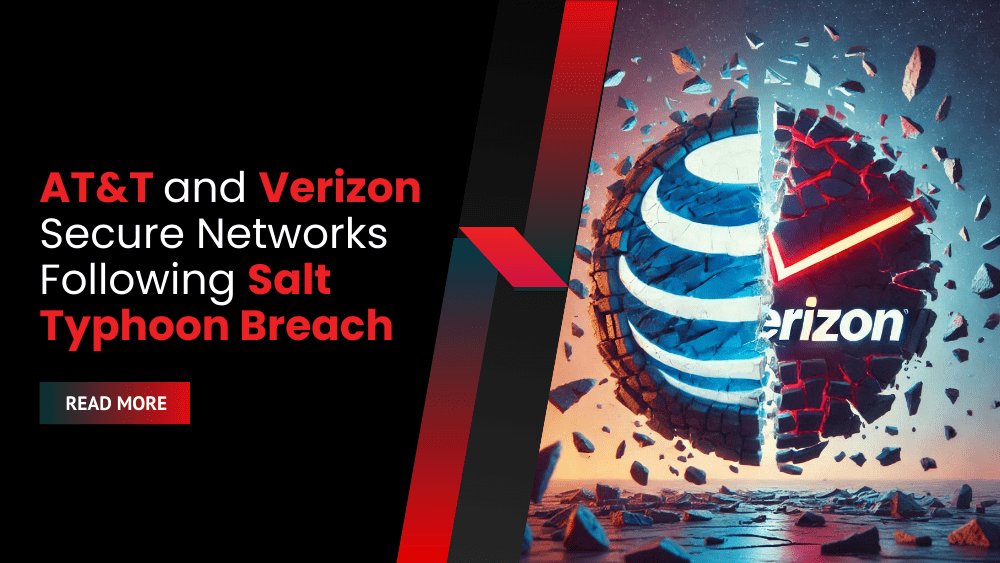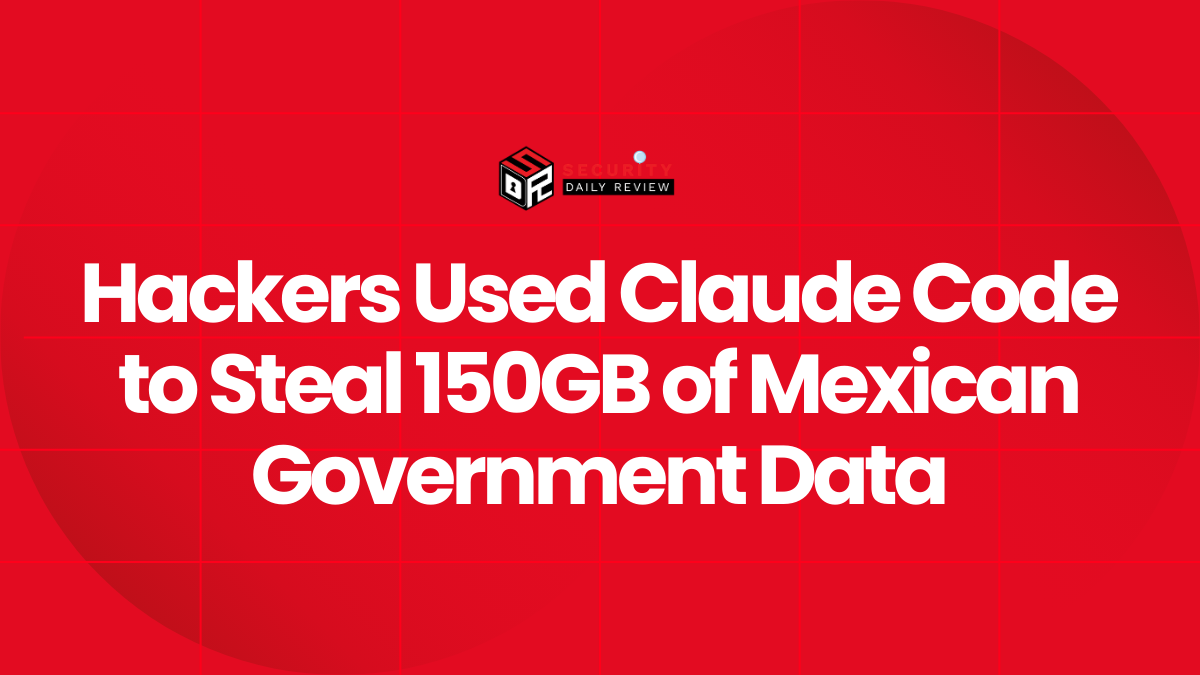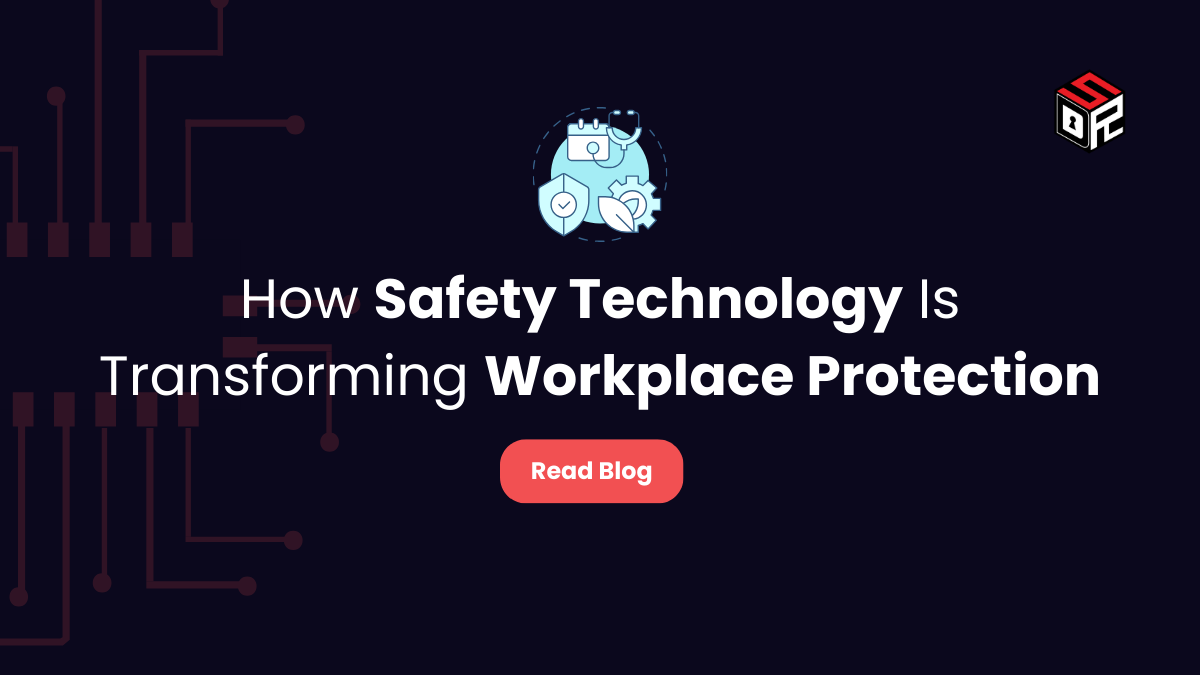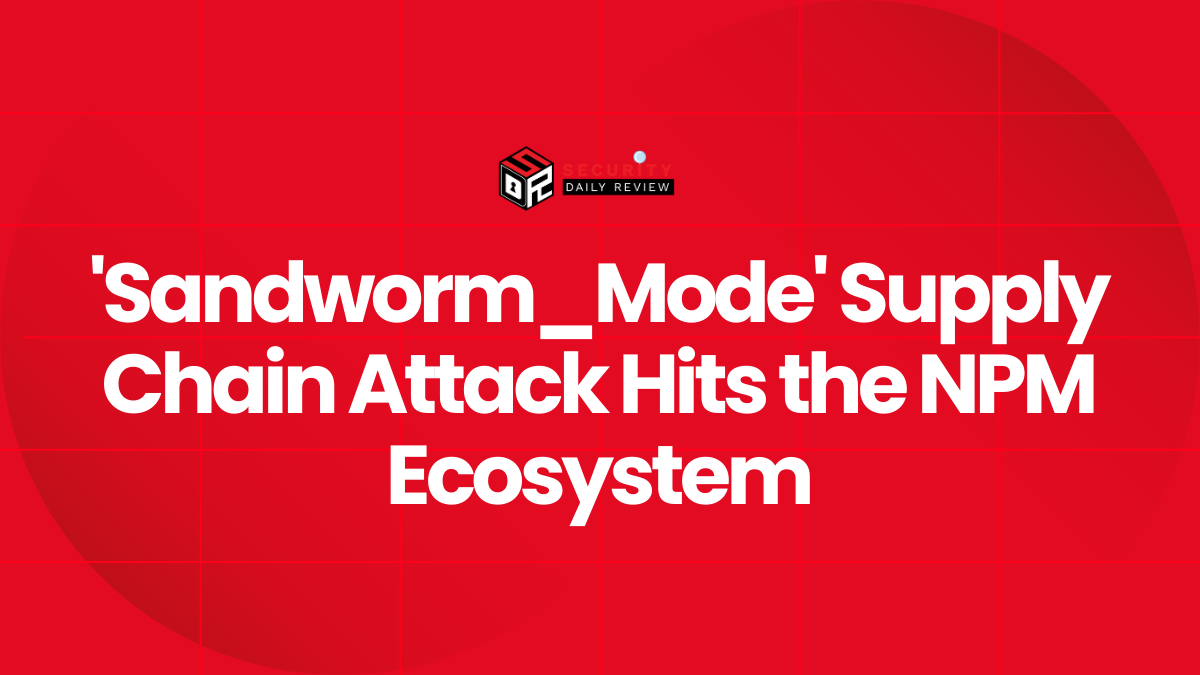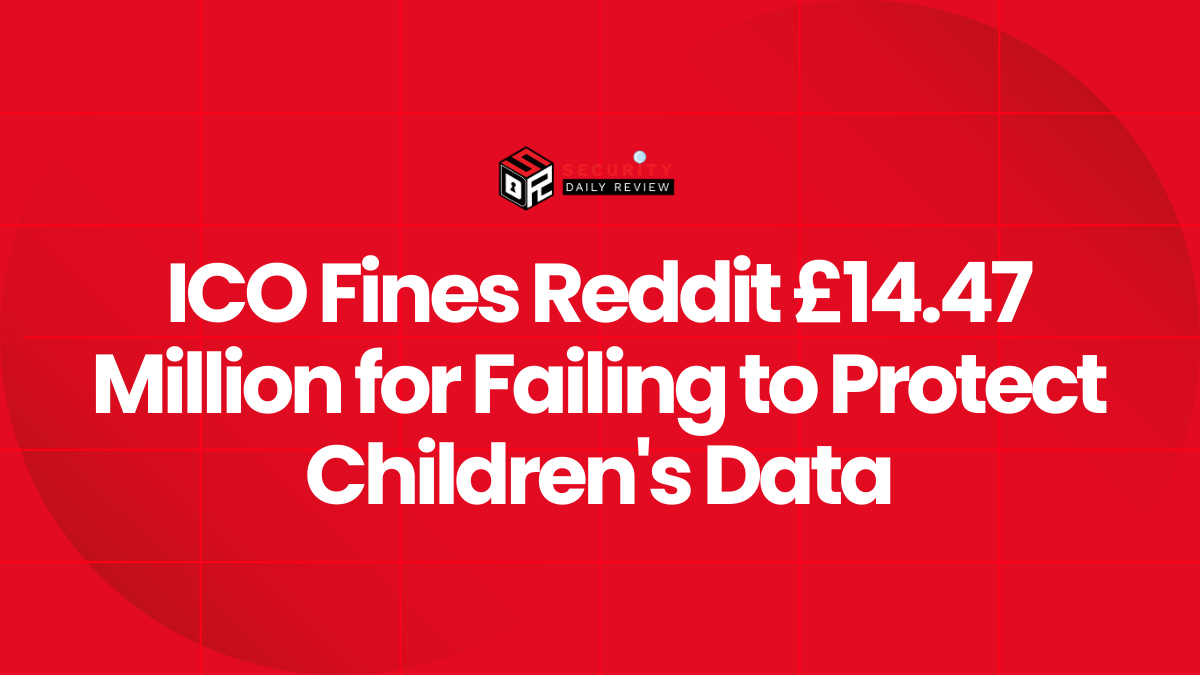AT&T and Verizon Declare Victory Over Devastating Salt Typhoon Breach
The cybersecurity world watched with bated breath as news broke of a massive Chinese espionage campaign targeting telecom carriers globally, an operation now known as the “Salt Typhoon” breach. While the initial reports caused widespread concern, AT&T and Verizon have now issued statements declaring their networks secure after successfully mitigating the threat.
The Salt Typhoon Breach: What Happened?
The Salt Typhoon campaign, attributed to a Chinese state-sponsored hacking group also tracked as Earth Estries, FamousSparrow, Ghost Emperor, and UNC2286, has been active since at least 2019. This sophisticated operation targeted telecom companies and government entities across Southeast Asia and beyond, demonstrating a significant capability for large-scale network infiltration. The attack involved a multifaceted approach, exploiting vulnerabilities to gain initial access and then moving laterally within the targeted networks. The hackers sought to collect foreign intelligence information, raising serious national security concerns.
The impact of the Salt Typhoon breach extended far beyond the initial compromise. The attackers’ ability to penetrate the networks of major telecom providers like AT&T and Verizon highlights the increasing sophistication of state-sponsored cyberattacks and the need for robust cybersecurity measures within critical infrastructure.
AT&T and Verizon’s Response to the Salt Typhoon Incident
Verizon’s Chief Legal Officer, in a statement to Reuters, confirmed the breach but emphasized that the threat actor’s activity within their network had ceased.
“We have not detected threat actor activity in Verizon’s network for some time, and after considerable work addressing this incident, we can report that Verizon has contained the activities associated with this particular incident,” the officer stated.
AT&T echoed a similar sentiment, confirming cooperation with law enforcement and other telecom companies to investigate the incident. While acknowledging a limited number of instances where attackers attempted to gather foreign intelligence, an AT&T spokesperson stated,
“We detect no activity by nation-state actors in our networks at this time. Based on our current investigation of this attack, the People’s Republic of China targeted a small number of individuals of foreign intelligence interest.”
Importantly, both companies emphasized that, based on their investigations, the Salt Typhoon breach did not result in the compromise of sensitive customer data, such as calls, voicemails, or text messages. This assurance is crucial in mitigating the potential for widespread damage and loss of public trust.
Wider Implications of the Salt Typhoon Breach
The Salt Typhoon incident is not an isolated event. T-Mobile also disclosed a breach in November, revealing that the Chinese hackers had compromised some of its routers. However, T-Mobile’s Chief Security Officer, Jeff Simon, highlighted the effectiveness of their cyber defenses in stopping the attack’s progression. “Bad actors had no access to sensitive customer data (including calls, voicemails, or texts). We quickly severed connectivity to the provider’s network as we believe it was – and may still be – compromised,” Simon explained.
The White House’s deputy national security adviser for cyber and emerging technologies, Anne Neuberger, further underscored the scale of the problem, stating that the Chinese hacking campaign impacted nine U.S. telecommunications companies and dozens of carriers in other countries. This revelation highlights the global reach and potential impact of state-sponsored cyberattacks.
Government Response and Future Implications
The U.S. government’s response has been swift and decisive. Reports suggest plans to ban China Telecom’s remaining U.S. operations and consider banning TP-Link routers if investigations confirm their involvement in cyberattacks. FCC Chairwoman Jessica Rosenworcel has pledged urgent action to mandate stronger infrastructure security for U.S. carriers, and Senator Ron Wyden has introduced a bill to further secure American telecom networks.
The Salt Typhoon breach serves as a stark reminder of the ongoing threat posed by state-sponsored cyberattacks and the critical need for robust cybersecurity measures within the telecommunications sector and beyond. The incident underscores the importance of international cooperation and proactive measures to prevent future attacks of this scale and severity. The ongoing investigations and government responses will undoubtedly shape the future of cybersecurity regulations and practices for telecom companies worldwide. The focus now shifts to strengthening defenses and preventing future Salt Typhoon-like incidents.

